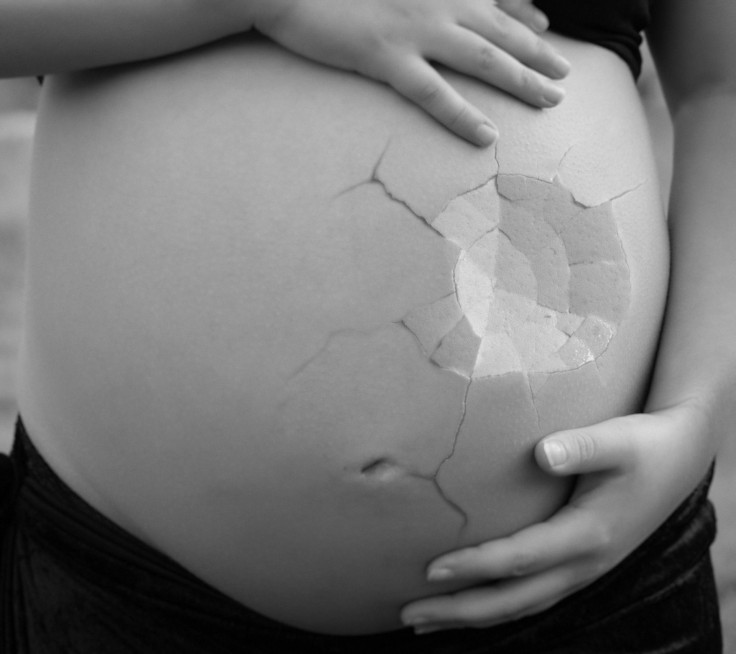After A Miscarriage: 3 Ways To Help Healing

Miscarriages are not uncommon — between 15 and 20 percent of pregnant women unexpectedly lose a baby before the 20th week, the National Institute of Child Health and Human Development estimates (a loss later in the pregnancy is classified as a stillbirth). But that number does not include women who did not know of their pregnancy, so in reality it could be even higher.
Like other catastrophic health issues or losses, some people have a hard time talking about them. For others, they may care and want to help, but they don’t know what to say. For the mother, it can be painful and scary to even think about losing a baby. But there are ways to cope after the potentially traumatic experience.
Arm yourself with information
As the saying goes, knowledge is power. According to the Huffington Post, the large majority of women who suffer a miscarriage want to know why it happened, even if there is nothing they could do to prevent a recurrence.
Miscarriages sometimes cannot be explained, but it’s important to know that older women and women who have previously miscarried are at a higher risk of miscarrying. And while a miscarriage is often caused by a developmental abnormality in the baby, the Mayo Clinic says, it can also be linked to the mother’s health. Maternal conditions that can cause a miscarriage include infections, hormonal problems, thyroid disease, uncontrolled diabetes, and uterus or cervix problems, like pelvic inflammatory disease.
You can try again
Assuming both the parents are willing and there are no underlying medical issues, the National Institute of Child Health and Human Development notes that a woman can safely conceive another baby after one normal menstrual cycle following a miscarriage. “However, it is best to wait until she is physically and emotionally ready to become pregnant again.” Which leads us to ...
Seek out emotional support
Researchers have found that women who experience miscarriages are at an increased risk of developing post-traumatic stress disorder or other mental health issues, including anxiety and depression. One recent study from Imperial College London said women should be screened for PTSD because it is the most common out of the mental health complications studied, and they should get psychological support after a miscarriage or ectopic pregnancy, a condition in which a fetus starts growing on the outside of the uterus.
While PTSD is normally associated with combat veterans flashing back to traumatic events in war, women who have had a miscarriage, according to Imperial College London, often describe “regularly re-experiencing the feelings associated with the pregnancy loss, and suffering intrusive or unwanted thoughts about their miscarriage. Some women also reported having nightmares or flashbacks, while others avoided anything that may remind them of their loss, or friends and family who are pregnant.”



























